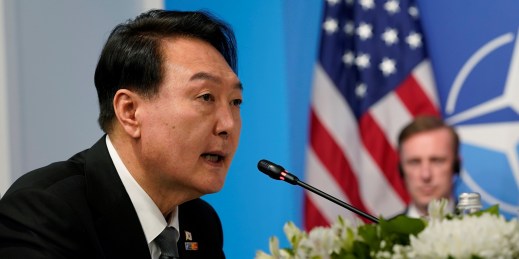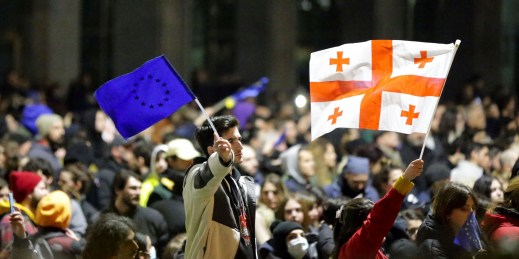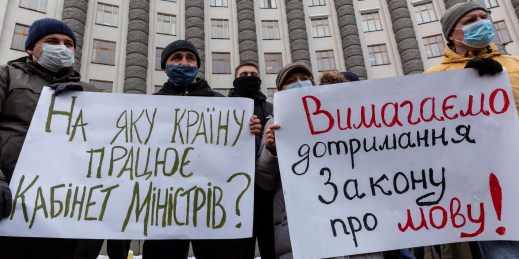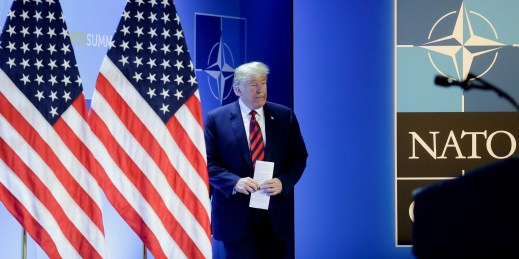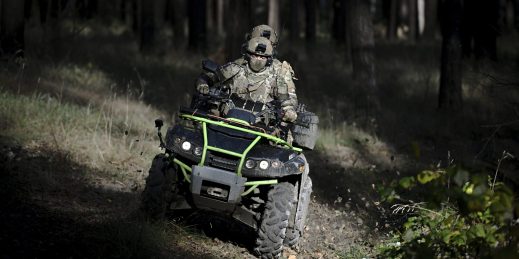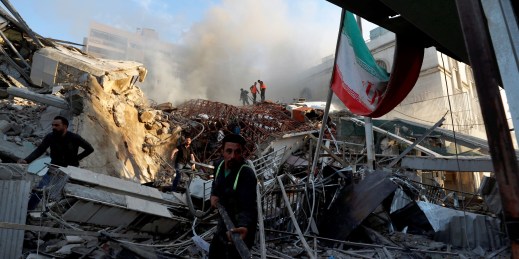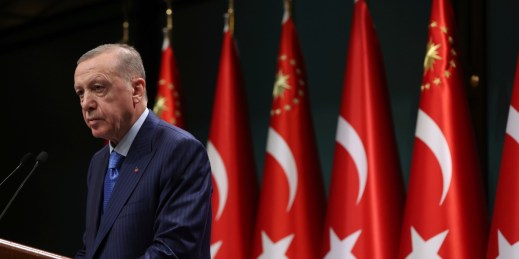Latest Archive
Free Newsletter
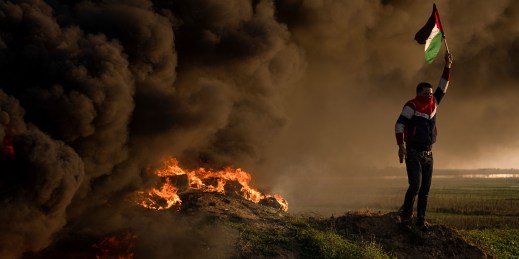
The war in Gaza has reverberated in the West Bank, deepening public anger at Israel. At the same time, Israeli actions in the West Bank continue to energize Palestinian armed groups that are challenging the control of the Palestinian Authority. Now, the Palestinian political system is heading towards a profound crisis.
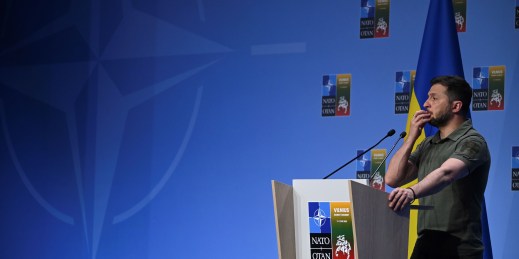
Yesterday marked 75 years since NATO’s founding, notable not only as a mark of longevity but also because, unlike most of the years of NATO’s existence, the alliance is immersed in war. That makes NATO as relevant as ever. But does “relevant” necessarily mean “valuable”? Put simply, is NATO still worth it?
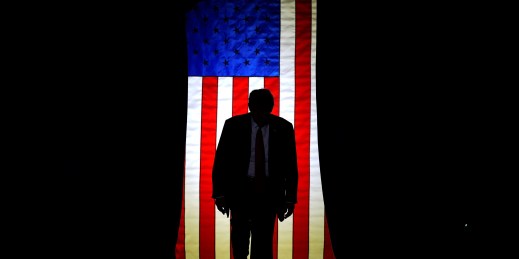
With every passing day, 2024 looks more like a hinge year in history. Every year is crucial, and unexpected events can reroute the course of history at any moment. And yet, there are good reasons to believe that this is, in fact, a more important than average year in the trajectory of global events.
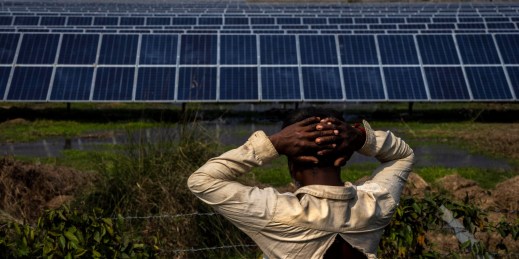
Populist leaders worldwide have increasingly used rhetoric designed to appeal to people in society who feel disproportionately affected by sustainability measures. But while the rhetoric used by populist leaders are often opportunistic attempts to exploit these grievances, it is a mistake to dismiss the grievances themselves.
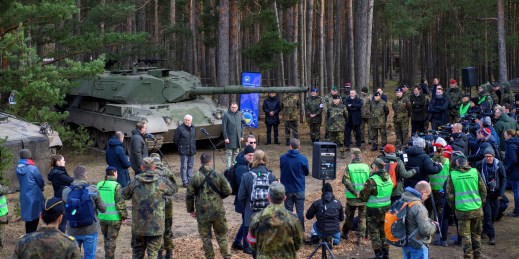
Last month, French President Emmanuel Macron said that the West should consider deploying troops to Ukraine, a suggestion immediately repudiated by several of his European counterparts. But mobilizing a non-NATO military mission to Ukraine would be an effective way for the West to signal its collective resolve against Russia.
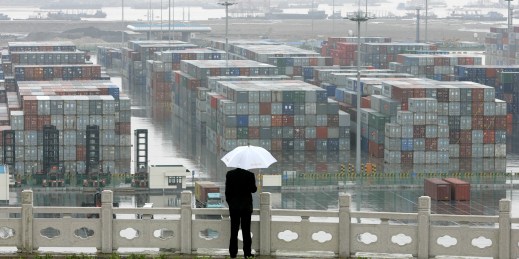
The consequences of Chinese President Xi Jinping’s intention to double down on China’s manufacturing prowess to boost growth has attracted a lot of discourse. But it’s important to understand that excess capacity has a political logic within the Chinese system that is fundamental to the country’s governance model.
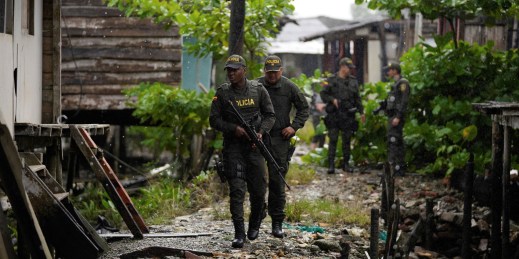
Colombian President Gustavo Petro’s “Total Peace”—an ambitious plan to negotiate directly with the country’s criminal and armed groups—suffered a series of setbacks due to missteps, legislative roadblocks and unforced errors. Now, nearly halfway through his four-year term, Petro is no longer relying exclusively on dialogue.
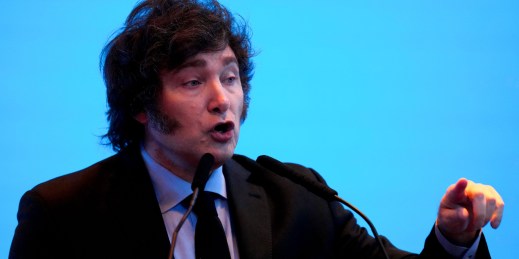
The past few weeks have seen the insults fly among Latin American leaders, with Venezuela’s foreign minister labeling Argentina’s ruling party “neo-nazis,” and Argentina’s president calling Colombia’s president a “murdering terrorist.” Unfortunately for the region, there are significant real-world consequences of this petty name-calling.

